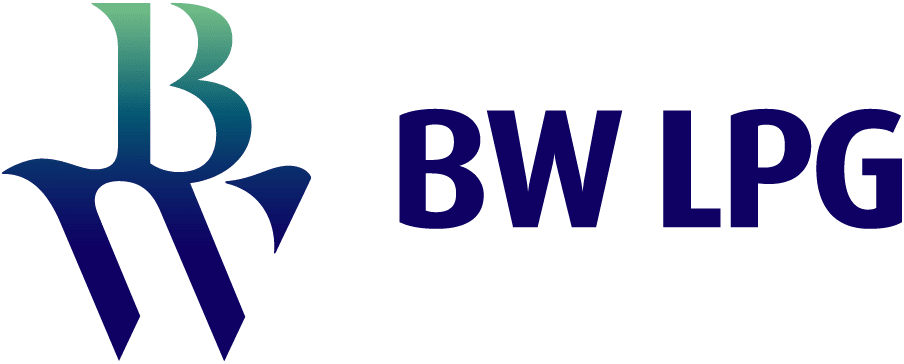Minimising our Impact from Operations
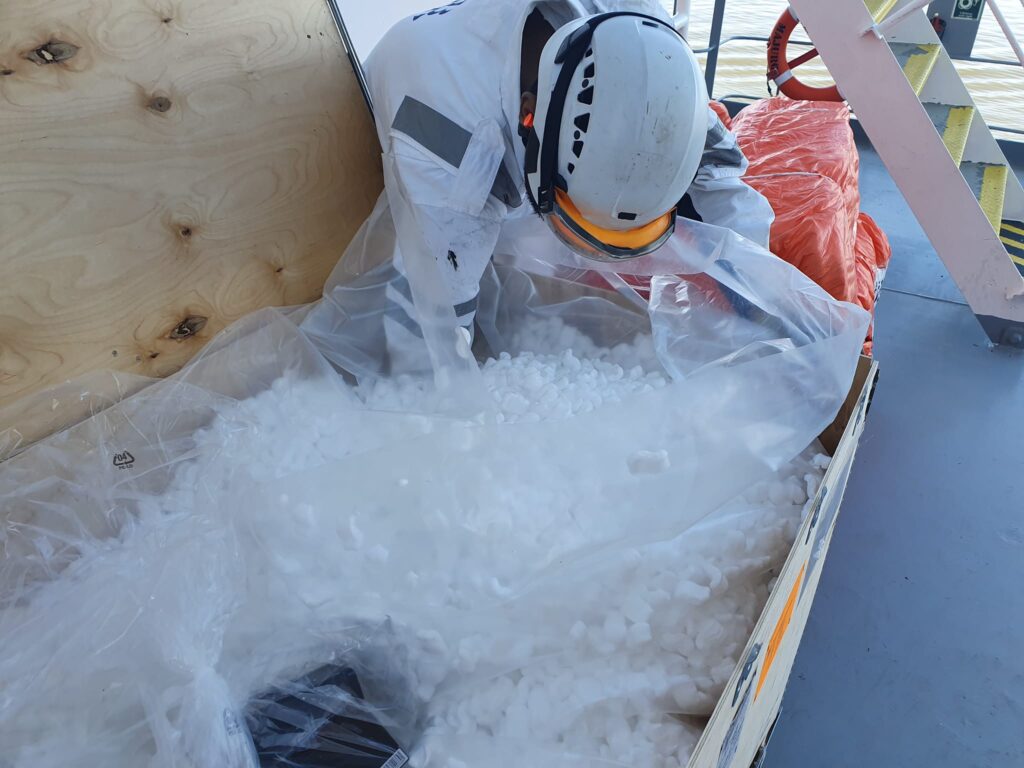
We have guidelines and procedures to ensure compliance with MARPOL Annex IV (Sewage) and V (Garbage) and VI (Air Pollution). On ship recycling, our ship recycling policy minimally ensures that we work with yards that are ISO 30000 certified, and that the recycling is performed in full compliance with the Hong Kong Convention for the Safe and Environmentally Sound Recycling of Ships and the Basel Convention on the Control of Transboundary Movements of Hazardous Wastes and their Disposal.
Waste reduction and maintenance practices
Our waste management policy requires separation, collection, storage and disposal of vessels’ onboard waste. Officers supervise the process and ensure crew are aware of these plans. Food waste and biodegradable trash are grounded and disposed in permitted areas, and plastic waste are disposed on shore.
We ensure our fleet is properly maintained and daily machinery inspections are conducted to detect leaks on board and conduct minor repairs. Crew members play an active part in reducing the amount of onboard-generated garbage. Each vessel maintains a Garbage Management Plan and a Garbage Record Book and crew are encouraged to suggest ideas on how to reduce waste further.
Initiatives
Minimising Food Waste
This campaign was initiated to address and raise awareness of the impact of food waste on vessels. It involved gathering responses through a questionnaire, leading to the implementation of tailored recommendations and guidelines. These recommendations focused on proper portion control, food storage procedures, provisions loss reduction, and waste control measures.
IMPA SAVE
Since 2020, we pledged our support for the IMPA SAVE Council for Maritime Supply Chain Sustainability, an international coalition working to ensure sustainability in maritime supply chains, to reduce the use of single-use plastics onboard our vessels, thus reducing the amount of garbage generated.
Ship Recycling
Ship recycling is a fundamental part of the shipping value chain. At the end of a vessel’s commercially viable life, shipowners have a responsibility to ensure that it is recycled responsibly and in a manner that minimises impact to human health and the environment.
Management at Shipyards
Onsite Representation
Where possible, we will pre-inspect the facility and have a BW LPG representative on site with ‘stop-work authority’ throughout the demolition process.
Hazardous Materials
Before sailing to the recycling facility, we will prepare an Inventory of Hazardous Materials document (IHM, also called a green passport), and collaborate with the recycling facility to formulate a safer and more environmentally sound plan for decommissioning the vessel.
Compliance
We recycle our vessels in full compliance with the Hong Kong International Convention for the Safe and Environmentally Sound Recycling of Ships and the Basel Convention on the Control of Transboundary Movements of Hazardous Wastes and their Disposal. There are also undertakings under our various loan facilities to comply with international ship recycling regulations.
We are also governed by an internal Ship Recycling Policy that mandates that all vessels are recycled in a safe and environmentally sound manner. This includes conducting due diligence audits prior to committing to a ship recycling facility and having a BW LPG representative on site to ensure that the facility acts in an ethical, legal and socially responsible manner.
The Hong Kong International Convention for the Safe and Environmentally Sound Recycling of Ships was adopted at a diplomatic conference in 2009. The Convention requires facilities to recycle vessels in a responsible manner that does not pose unnecessary risks to human health, safety, and the environment. This is achieved by providing guidelines on the safe handling of environmentally hazardous substances and mandating a minimal standard of working and environmental conditions at recycling yards. Additionally, the Convention includes appropriate enforcement mechanisms such as certification and reporting requirements.
Certification Requirements
All vessels owned and operated by BW LPG must attain the following certifications as condition for trading:
- International Oil Pollution Prevention Certificate (IOPPC)
- Civil Liability for Bunker Oil Pollution Damage Convention (CLBC) Certificate
- International Sewage Pollution Prevention Certificate (ISPPC)
- International Pollution Prevention Certificate for the Carriage of Noxious Liquid Substances in Bulk
- International Energy Efficiency Certificate (IEEC)
- International Air Pollution Prevention Certificate
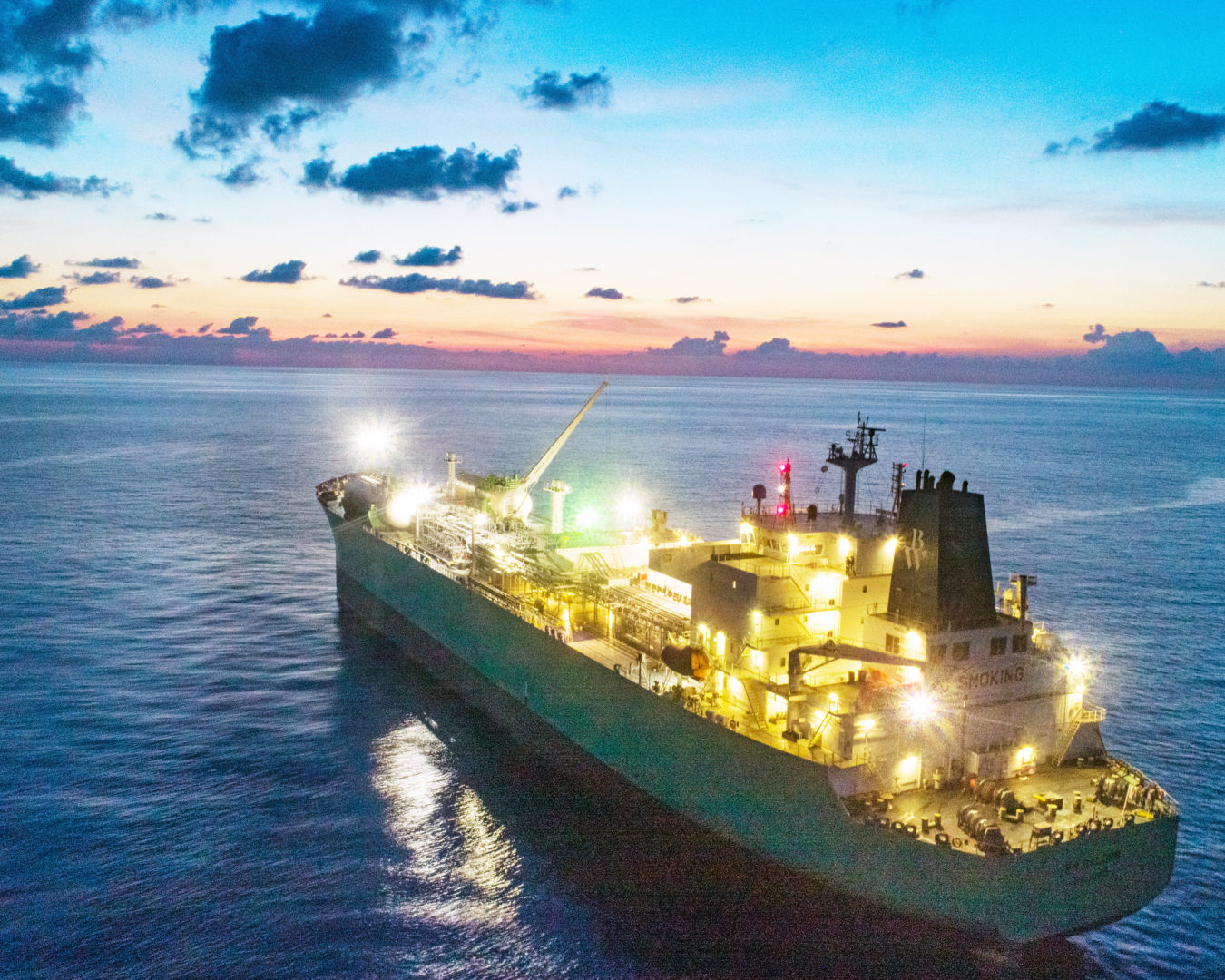
Policies and Guidelines
Communicating our standards for business conduct clearly and transparently through policies and guidelines.
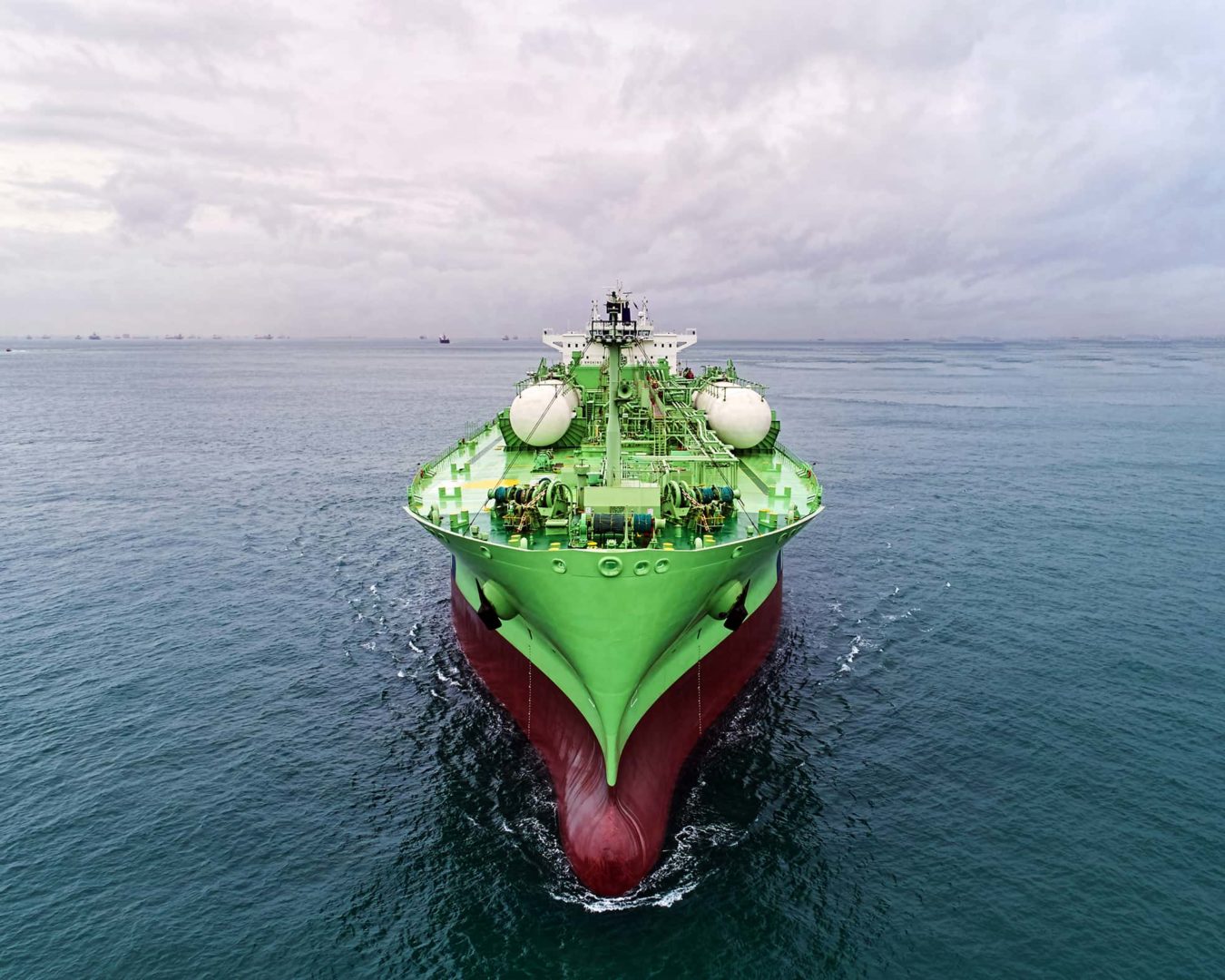
Sustainability Strategy and Governance
Guided by our Vision and Purpose, our sustainability strategy is based on three key pillars and are underpinned by our CARE values.
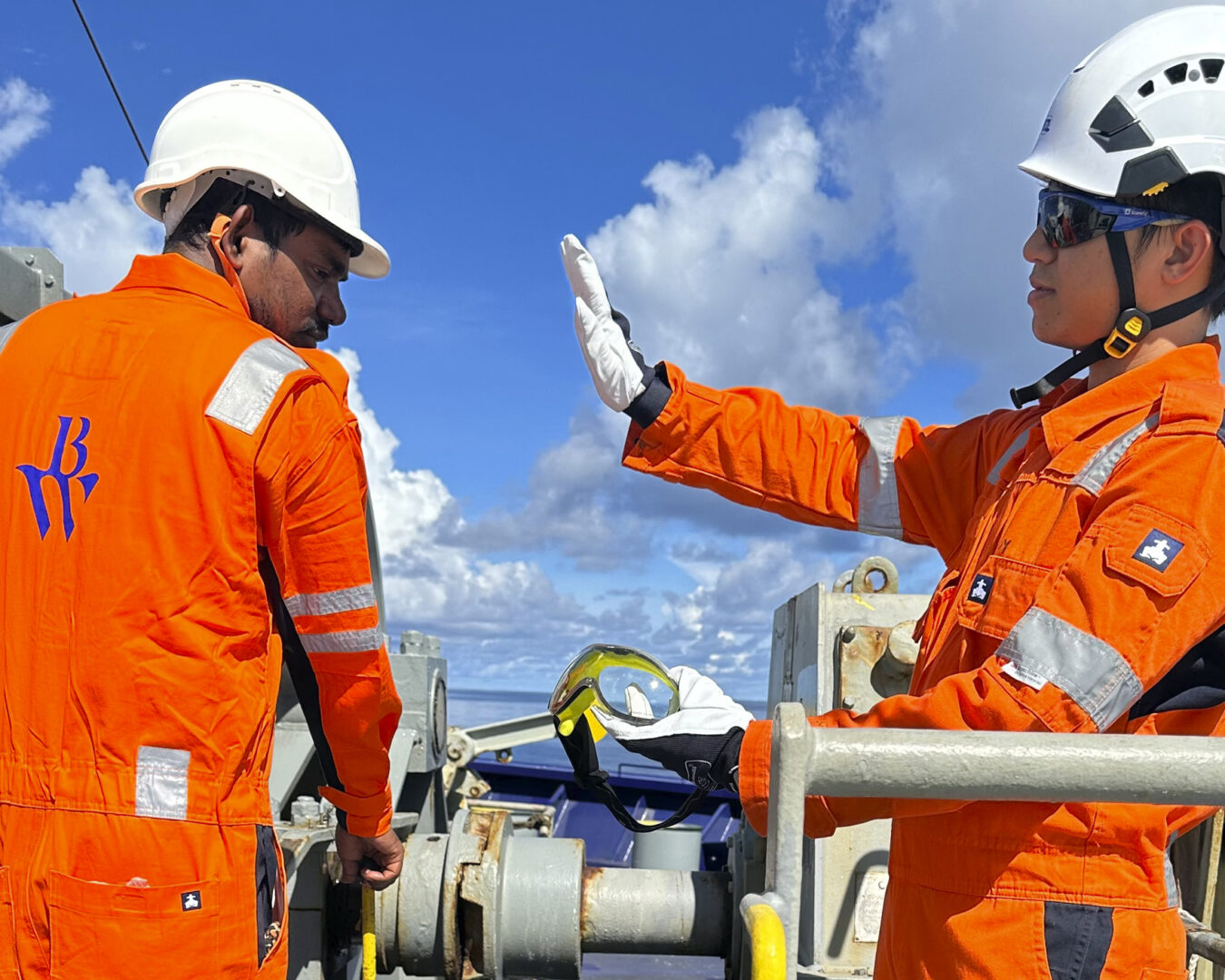
Risk Management
Risks are identified in the course of business operations and added into our risk universe
